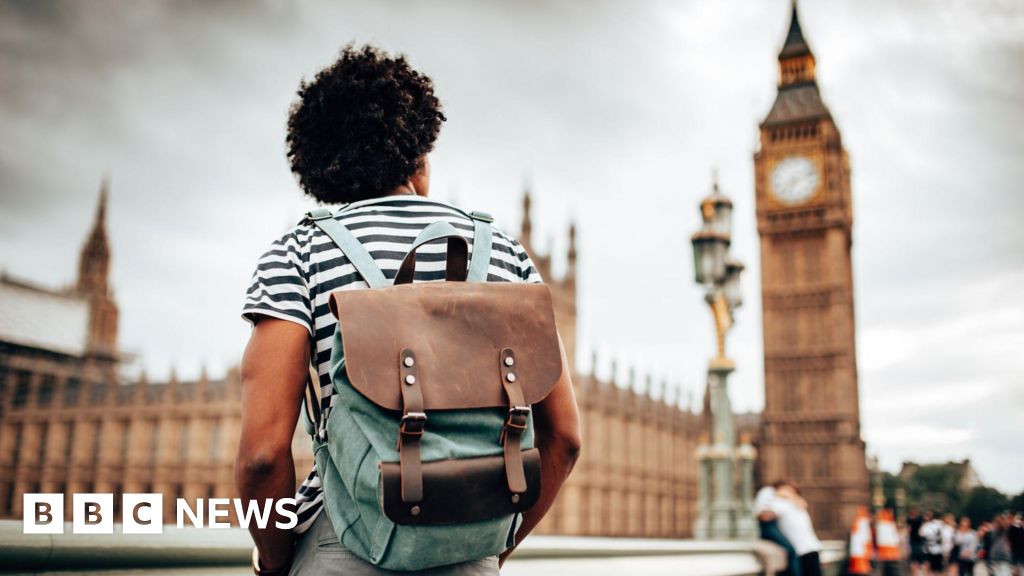The numbers are bleak. Black American households, on average, had less than one-sixth of the net worth of White ones in 2019, and held only 2.9% of U.S. wealth. The pandemic and its aftermath have surely not helped.
Less wealth means that Black Americans have less opportunity to build additional wealth through participation in the mainstream market for financial products and services. For example, they are much less likely to invest in equities (34% compared to 61%of White households); to have a retirement account (44% versus 65%); or to own a home (45% versus 75%.) Among households making $50,000 to $75,000 a year, 65 percent of Blacks had a credit card, and 81% of Whites.
About one in nine Black households do not have a bank account at all, compared to one in 50 White ones. And more than a quarter of Black households are considered “underbanked,” meaning that they have a bank account but still use high-cost services outside the formal financial system, such as money orders, check cashing, rent-to-own services, payday loans, or pawn shop loans.
All this contributes to the growing racial wealth gap, because financial services are one way that income grows into wealth. Gaps in financial inclusion inhibit the ability of Black Americans to fully participate in the economy as savers, investors, and consumers. They also hurt the US economy as a whole. In 2019, McKinsey estimated that if the racial wealth gap were closed, US GDP would be four to six percent higher in 2028, or $1 trillion to $1.5 trillion more.
Expanding access to financial services is, of course, a matter of equity; it is also an opportunity. McKinsey has estimated that financial-services providers that offer more-equitable, more-accessible, and better products and services could win $225 billion in cumulative spending from Black consumers by 2030.
Here are some possibilities for the industry that could pay off both socially and economically.
Show up and be fair.
Black Americans are well aware of the industry’s long history of exclusionary practices and lack of support, such as the collapse of the Freedmen’s Bank in 1874. So, one place to start is to be available. In majority-White counties, there are 41 banks per 100,000 people, compared with just 27 in the rest. And in non-White neighborhoods, basic banking tends to be costlier, in the form of costs, fees, and regulations such as minimum balance requirements. In this context, digital alternatives are finding a foothold. In part because they are seen as less likely to be biased, Black consumers more likely to use digital-only neobanks. Nonetheless, a physical presence still matters. Banks can do an “equity check” to analyze their policies to see if there are negative side effects, even unintended ones, that hurt their Black customers disproportionately. Insurers, for example, can take a hard look at their risk algorithms to ensure that Black consumers pay fair premiums, especially compared to non-Black consumers of the same profile.
Develop products that expand inclusion. Black Americans are much more likely to be “credit invisible,” meaning that they do not have a credit score. That makes them subject to higher interest rates—if they can get a loan at all. But these individuals are not necessarily credit risks; they could have flawless rent and bill payment records, for example. This is a hidden market to serve. Another could be to help with short-term cash needs. Payday loans, which have an average annual interest rate of 400 percent, are often used to bridge a cash gap. Clearly, then, there is a market for products that meet emergency cash needs at profitable but not punishing interest rates.
Hire Black professionals who live and work in the communities you wish to serve. Because Black Americans are more likely to be suspicious of banks and other financial institutions, increasing Black representation can help to break down barriers. It could also reduce the chances of customers being challenged (or worse) for “banking while Black.” This goes not only for frontline employees, but also for senior roles, where policies are made and strategy is set. In 2018, only 2.6 percent of senior employees in financial services were Black—less than a decade before (2.8 percent). It’s hard to see how institutions can understand this underserved market at that level of representation. The same is true for marketing: partnerships with Black-owned marketing and consumer-insights companies can help industry players access relevant insights, develop an understanding of Black consumers, and create messages that resonate.
It’s interesting—but far from surprising—that when McKinsey surveyed 1,000 people about how satisfied they were with their financial providers, Blacks were notably less so in regard to insurance, retail banking, and private wealth management. Even so, they were also much more likely (plus 10 percentage points) to say that they were looking to increase spending on financial services.
There has been some progress. For example, from 2017-21, the percentage of unbanked Black households fell from 17 percent to 11 percent. But clearly, not enough, fast enough. Make no mistake: A lack of access to financial services—specifically banking and insurance—is both a symptom and a cause of America’s racial wealth gap. We can do better.
Credit: Source link











